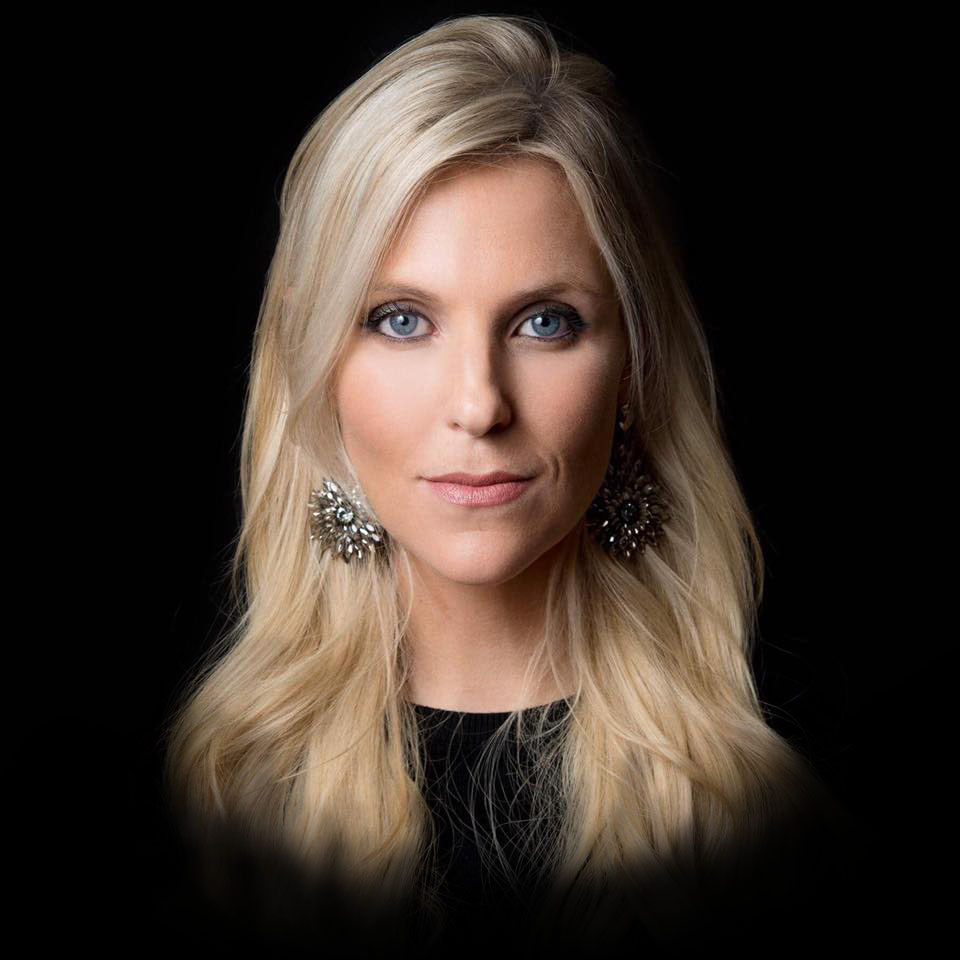Entrepreneurs face a number of difficult decisions each day. While some of these decisions are simple, others are complex and have a number of implications for the future of their company. For these larger decisions, entrepreneurs need to ensure that they consider all the issues fully before reaching a conclusion. Ideally, entrepreneurs should have some degree of certainty before they finalize their decision so that they do not second-guess themselves down the road, which can unintentionally sabotage the results. When faced with tough decisions, people often feel paralyzed, which is normal, particularly for those who are already stretched too thin. Entrepreneurs need to cut themselves some slack and develop a systematic way of approaching the decision-making process. The following are some key questions to ask in this moment.
1. What does the evidence say?
Entrepreneurs should make evidence-based decisions as much as possible. Using evidence to guide choices involves a scientific approach to problem-solving that can result in greater confidence in the final decision. Entrepreneurs can find evidence in a variety of different ways. For example, they may look at the historical performance data of a company to obtain a sense of the prior and current situations, particularly as they relate to similar decisions that were made in the past. People may also look at academic papers for support. Business journals often publish articles tackling common issues from an evidence-based position. When looking at journals, it is important to consider the relevance and trustworthiness of a particular article. Another option is to look at data from other businesses to determine how similar issues have affected operations.

2. What is driving this decision?
Before finalizing a decision, entrepreneurs should undertake some introspection to figure out what exactly is driving them in that moment. Sometimes, fear can result in a quick decision that is not yet fully thought out. Recognizing this fact early gives entrepreneurs some time to step back and reconsider before making a decision that they may later regret. Fear often causes people to assert too much control and to attempt to force results in a way that is impossible. Forcing outcomes usually just leads to additional tension. Entrepreneurs may also be working from a place of faith or instinct. When these factors drive a decision, individuals can often be easier on themselves if things go wrong, which in turn makes it easier to react. While instinct and faith may point people in a specific direction, it is still important to seek out some evidence to support that choice.
3. What is the ultimate goal?
Sometimes, entrepreneurs lose sight of their long-term goals when faced with various decisions related to a crucial problem. When this happens, they may make decisions that they later regret even though they may have seemed advantageous at the time. People need to keep the long-term goals of their company at the heart of every decision they make. While these particular decisions may not move them closer to their overarching goal, it should put companies on the right path or at least keep open those doors that could prove beneficial to them in the future. Entrepreneurs may want to spend a few minutes becoming centered and considering the future that they want for themselves and their companies before they start to consider various options. Writing down goals will help to keep entrepreneurs at the core of decision-making and provide the confidence that they need to be sure about tough decisions.

4. What are the hidden implications?
Understanding the hidden implications of a decision can prove extremely difficult. After all, if the implications were obvious, then they would not be hidden. Entrepreneurs may want to try a simple exercise to think about hidden implications. This exercise involves adding in a new option that is the polar opposite of potential decisions that are still on the table. Treating this option as a viable one can help entrepreneurs to consider what exactly makes it such a poor decision. Uncovering the factors that make a decision less favorable is a great way to ensure that the other options would not result in similar outcomes. Often, this strategy can help individuals to differentiate between two seemingly viable options. If one of the options could potentially lead to an undesirable outcome, it is helpful to know that upfront in order to prevent potentially bad outcomes down the line.
5. How do I need to change with this decision?
When it comes to making tough decisions, entrepreneurs sometimes do not consider the implications for them. They need to step back and think critically about what will be required of them depending on the decisions that they make. While this has been explored, people can begin to think about whether or not the change will fit with their goals. If a decision necessitates that entrepreneurs refocus their work or take on new responsibilities, doing so should bring them closer to their long-term goals. If a specific decision will take individuals down a pathway that they did not foresee for themselves, then perhaps another option will ultimately be a better choice. Entrepreneurs need to make sure that the choices they make will not just move the company toward its goals, but also themselves. At the very least, decisions should not take entrepreneurs in a direction contrary to their personal goals.

 Joanna (Jo) Riley is an entrepreneur, investor, and advocate in technology, and is currently the CEO and Co-Founder of Censia. Jo has a highly experienced background in building and scaling companies, which she attributes to her deep passion for people and building technologies that allow people to be their best selves. She brings her wide knowledge of the industry to better transform the way enterprise companies hire talent. You can connect with Joanna Riley at @joannakiddriley on
Joanna (Jo) Riley is an entrepreneur, investor, and advocate in technology, and is currently the CEO and Co-Founder of Censia. Jo has a highly experienced background in building and scaling companies, which she attributes to her deep passion for people and building technologies that allow people to be their best selves. She brings her wide knowledge of the industry to better transform the way enterprise companies hire talent. You can connect with Joanna Riley at @joannakiddriley on